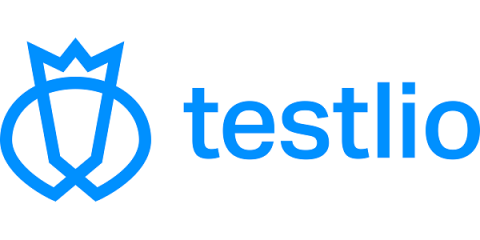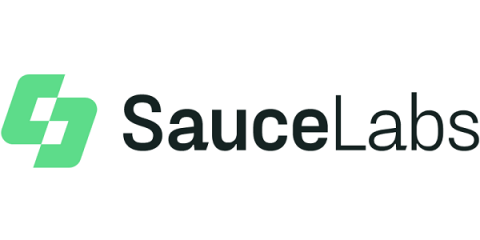Testing without limits: xk6 and k6 extensions
k6 v0.29.0 introduced xk6 and k6 extensions to the k6 community. 🎁🎉💪 You can now extend the functionality of k6 using Go-based k6 extensions and import them as JS modules in your k6 script. This feature opens the gates for anyone to use existing k6 extensions and write custom Go extensions for special requirements. Before this release, importing JavaScript libraries was the only possibility to extend k6.











